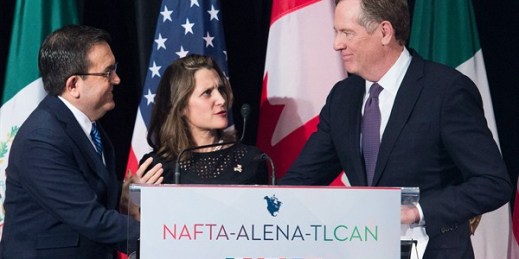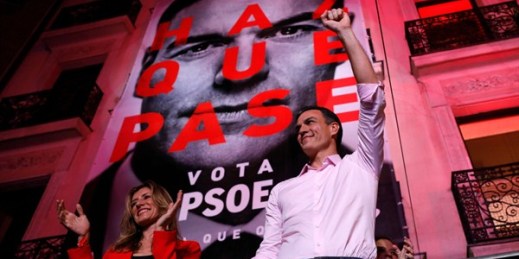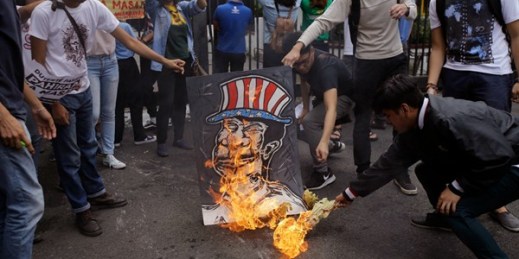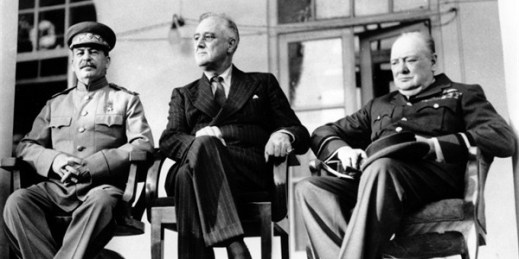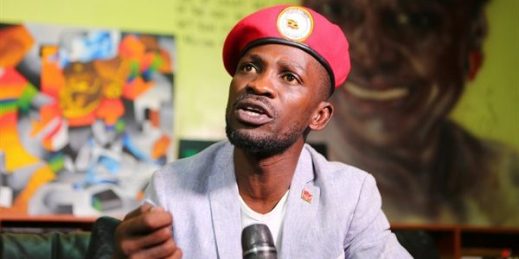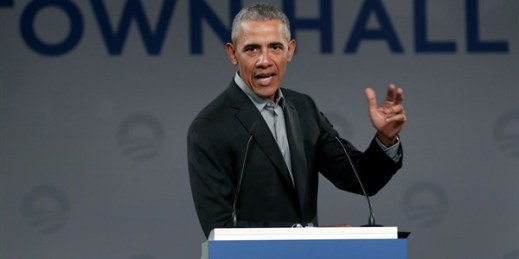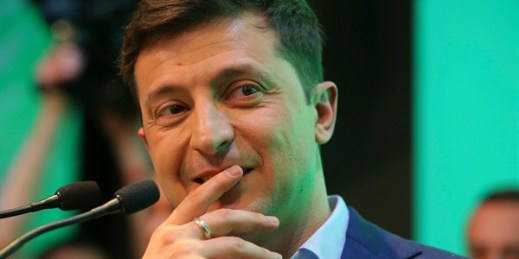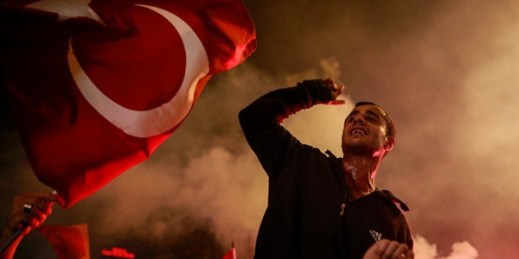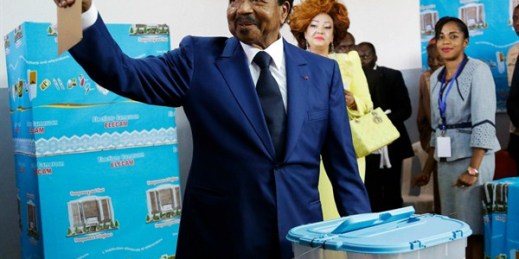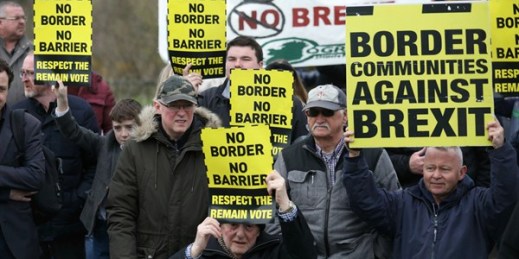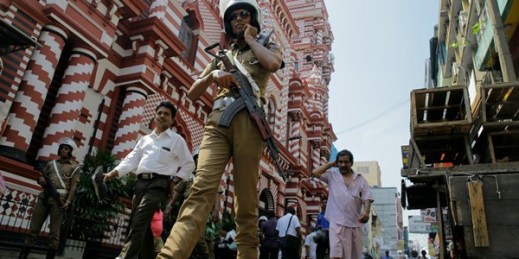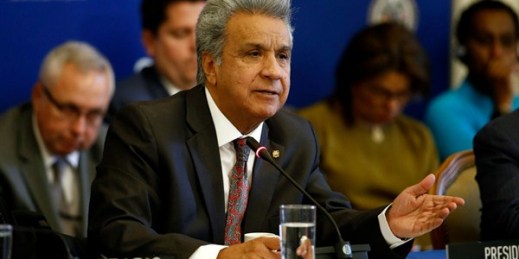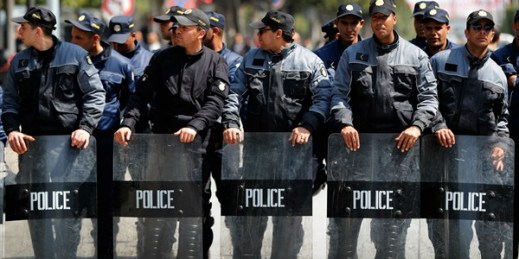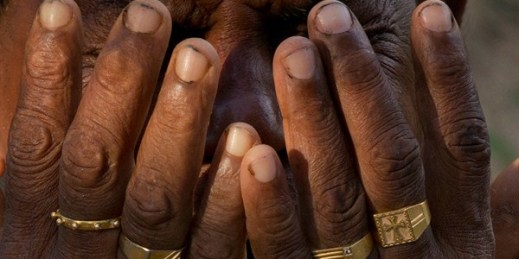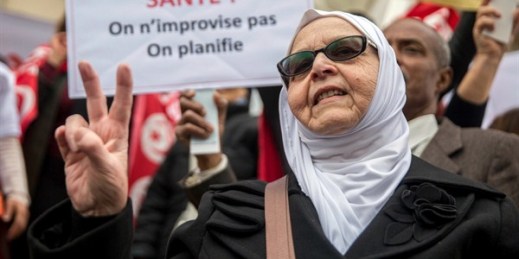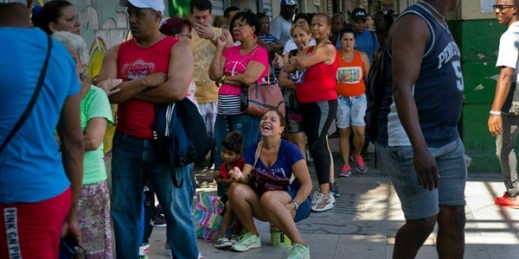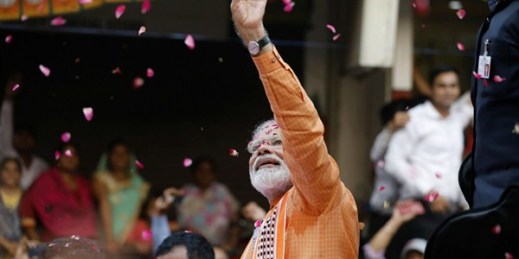
VARANASI, India—On a recent morning, Hindu pilgrims in white robes scurried through the dusty stone alleyways of this city on the Ganges River. They moved back-and-forth between various temples and the ghats, or piers, on the riverbank, and occasionally one or more of them would wade into the sacred waters, which are said to cleanse the soul. As the sunlight faded, a traditional folk band featuring tabla drums and a harmonium struck up a song as students and families sat on the steps to take in the early evening breeze. It was, in many ways, a fairly ordinary scene for […]

